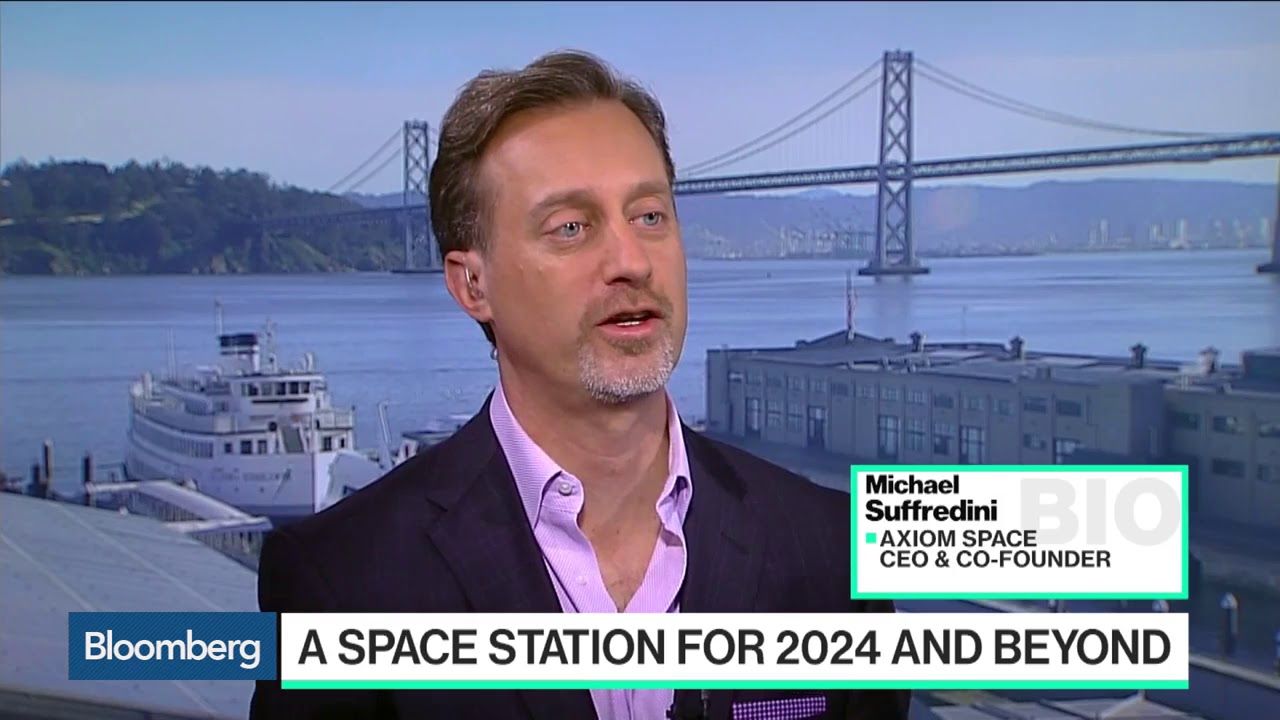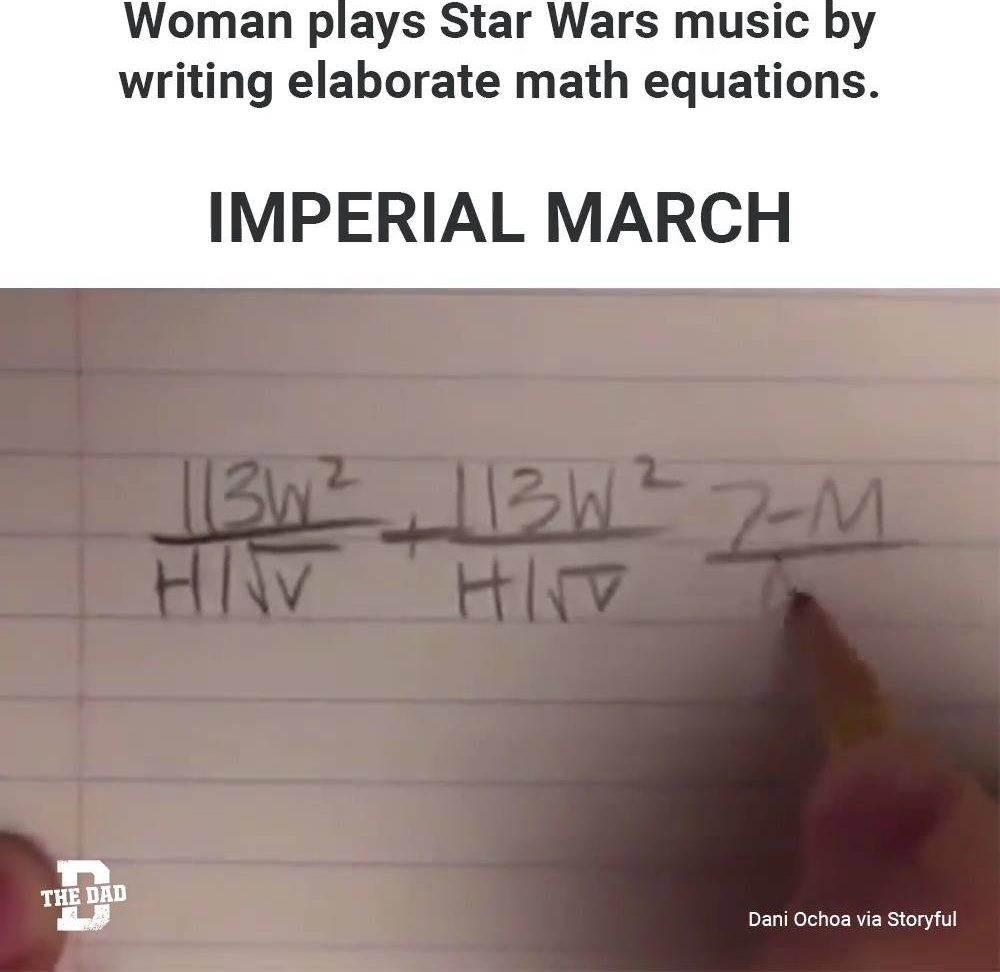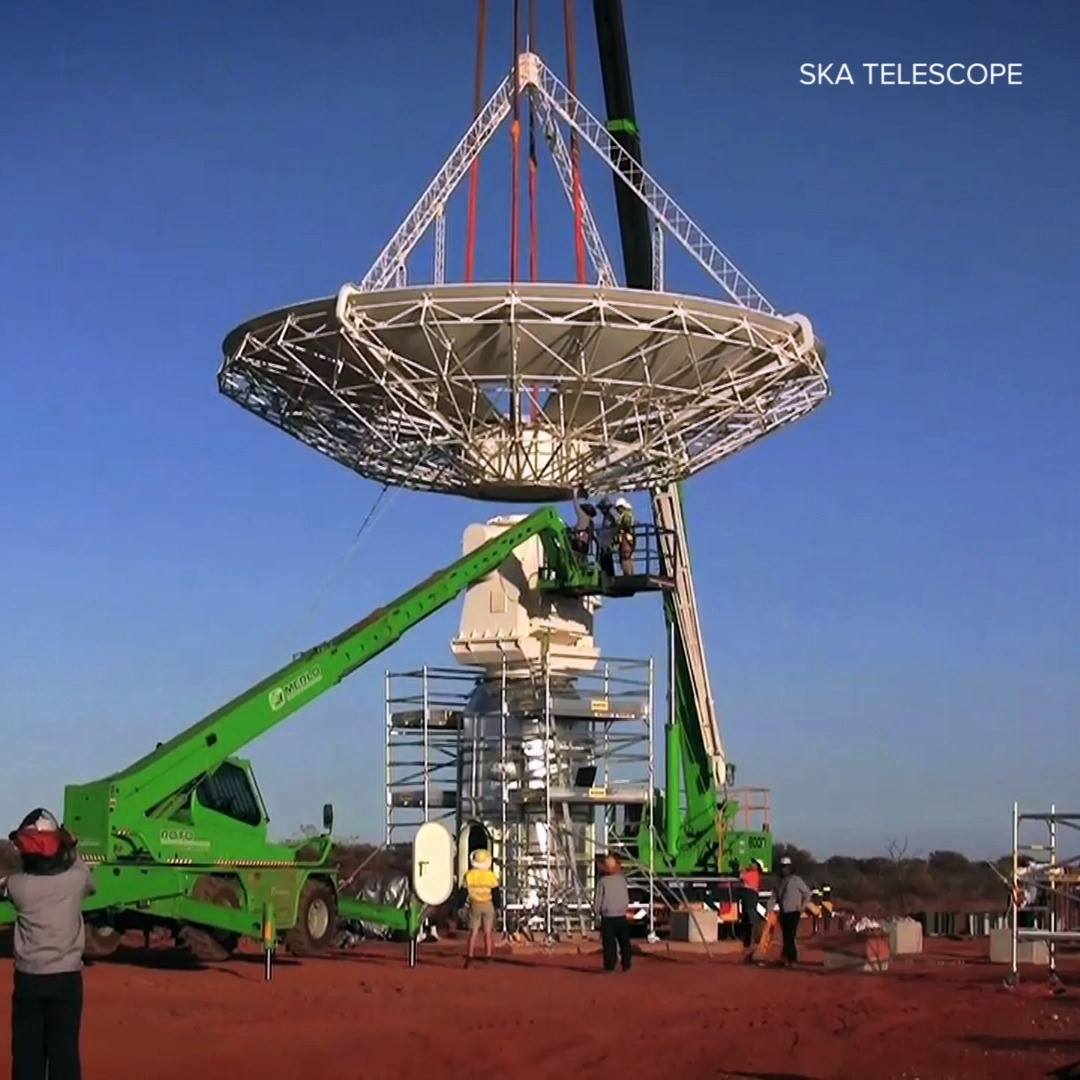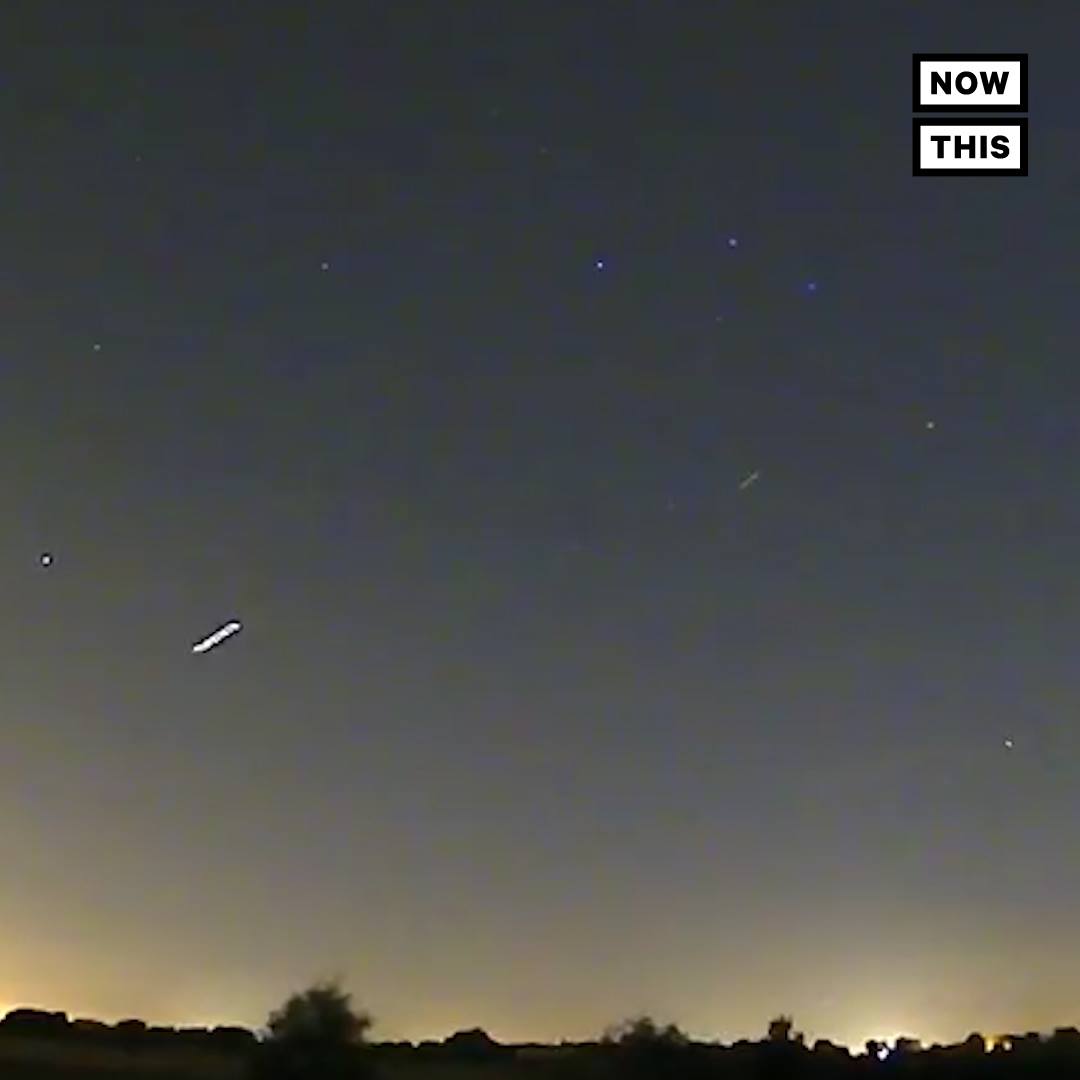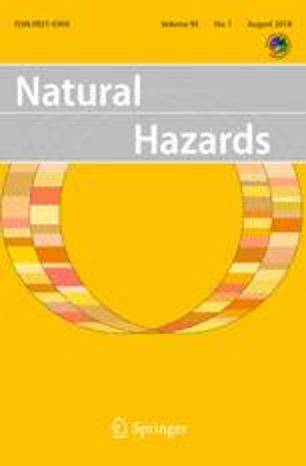
By pure coincidence, the article by Seth Baum was published just 5 days after a small asteroid exploded over early warning Tule station in Greenland.
This paper studies the risk of collision between asteroids and Earth. It focuses on uncertainty in the human consequences of asteroid collisions, with emphasis on the possibility of global catastrophe to human civilization. A detailed survey of the asteroid risk literature shows that while human consequences are recognized as a major point of uncertainty, the studies focus mainly on physical and environmental dimensions of the risk. Some potential human consequences are omitted entirely, such as the possibility of asteroid explosions inadvertently causing nuclear war. Other human consequences are modeled with varying degrees of detail. Direct medical effects are relatively well-characterized, while human consequences of global environmental effects are more uncertain. The latter are evaluated mainly in terms of a global catastrophe threshold, but such a threshold is deeply uncertain and may not even exist. To handle threshold uncertainty in asteroid policy, this paper adapts the concept of policy boundaries from literature on anthropogenic global environmental change (i.e., planetary boundaries). The paper proposes policy boundaries of 100 m asteroid diameter for global environmental effects and 1 m for inadvertent nuclear war. Other policy implications include a more aggressive asteroid risk mitigation policy and measures to avoid inadvertent nuclear war. The paper argues that for rare events like large asteroid collisions, the absence of robust data means that a wide range of possible human consequences should be considered. This implies humility for risk analysis and erring on the side of caution in policy.
Read more

